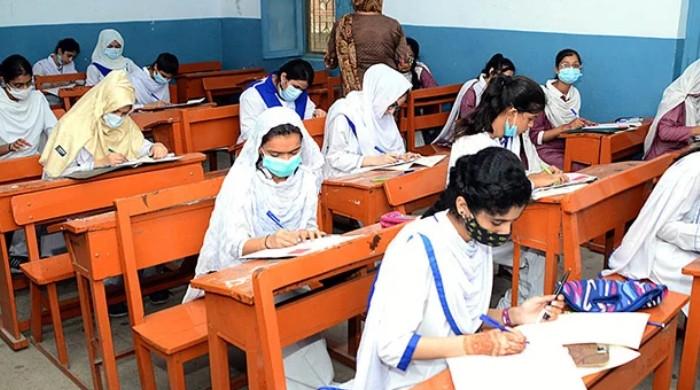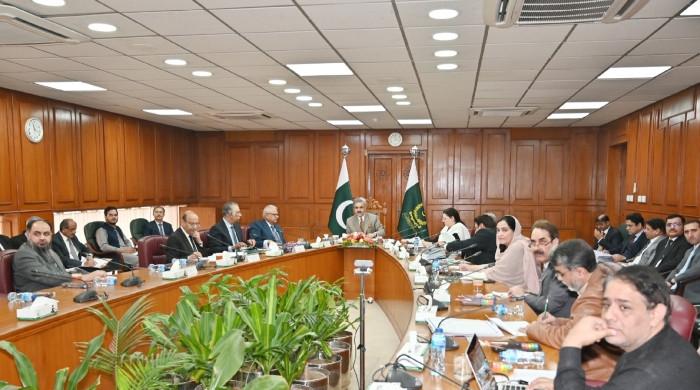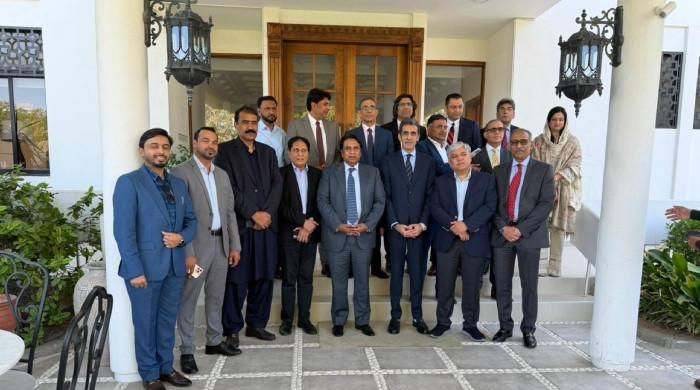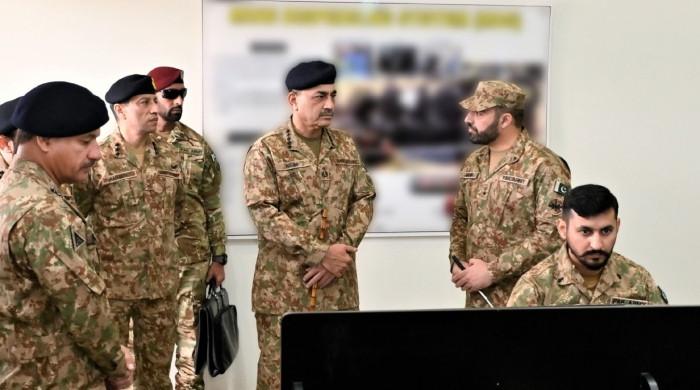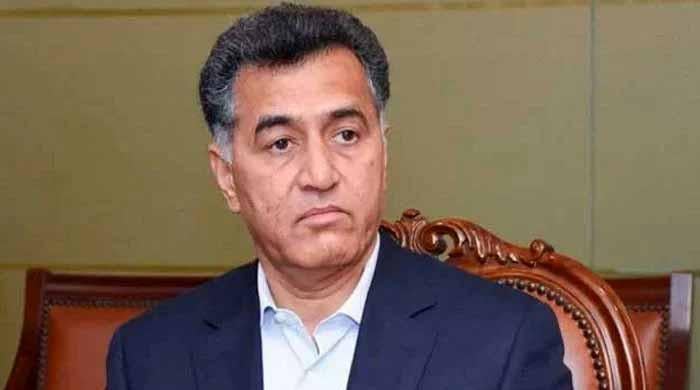'Safe, secure birthplace for nearly 73,000 flood-affected women uncertain'
Men mostly demanded shelter, food, and water, whereas, women were in search of toilets, says Dr Nuzhat
September 05, 2022
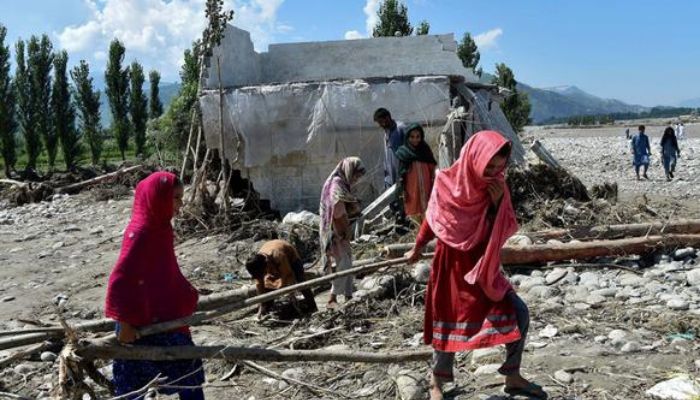
An estimated 73,000 flood-affected women in Pakistan will give birth next month, and providing a safe and secure birthplace will be a huge challenge amidst catastrophic situation caused by floods.
Dr Nuzhat Faruqui, who received the Tamgha-e-Imtiaz award for providing vital healthcare and relief services during natural disasters, stated this on Saturday during a webinar titled, "Women's Health in Flooded Areas: How Better and Sensitized Decisions Can Be Made to Protect Women?", hosted by The Citizenry in collaboration with The Times of Karachi.
She was opposed to the notion that women could not participate in relief or rescue efforts. "I have done that," she said, adding that NGOs needed to be aware of the need to send female rescuers and volunteers to reach out to more and more women for assistance.
She and her NGO, ULPHAT Welfare Organisation, spent five months in temporary camps during the 2010 floods. Dr Nuzhat described how her NGO, in collaboration with the Pakistan Navy, was involved in a rescue operation during the recent floods and discovered a woman in labour, forcing them to deliver her. She said that sanitary pads were not included in standard relief work checklists.
She stressed that non-governmental organisations (NGOs) working in flood-affected areas should add sanitary pads to their ration bags. The moderator of the webinar, journalist Hunain Ameen, pointed out that 35 million people were directly affected by the floods and, as per the latest estimates, almost half of the country was under water. Even in such a terrible situation, he said, women's periods and hygiene were not talked about.
The needs of both genders in flood-hit areas were poles apart, said journalist Sidra Dar, while responding to Ameen’s question regarding how rescue and relief work were generally carried out by men only and how they impacted women.
She said that men mostly demanded shelter, food, and water, whereas, women were in search of toilets. The women of the flood-hit areas she visited did not eat or drink because of the fear of nature’s call.
"We have a culture of parda throughout the country," she said. "If a woman from such a background is sitting at the corner of a street with other men, where will they go if nature calls?"
She shared how just before the sunset in flood-hit areas or at makeshift tents, women carried their children or formed a group of their gender and found a convenient place to respond to the call of nature. She stated that among the flood victims were many pregnant women who needed to urinate more than usual.
Sharing experiences of her conversations with the flood-affected women, Sidra said how one of the flood-hit mothers shared how her daughters were going through periods and she was tearing apart their spared clothes for that.
Dr Nuzhat agreed and added that if the flood-hit women did not drink water and use hygienic products during their periods, the chances of urinary tract infection (UTI) would increase manifold among them.
Sidra said that if female reporters, doctors, and journalists could go to such areas, so should female volunteers, as female flood victims were more comfortable talking to female volunteers.
University of Punjab student Bushra Mahnoor, along with Bahauddin Zakariya University student Anum Khalid, has been running a campaign called Mahwari Justice to ensure menstrual hygiene for the flood victims.
Speaking at the webinar, Mahnoor said that UTIs was very common among women. In the 2010 floods, she recalled how a huge percentage of female flood affectees were infected with UTIs so much so that beds ran short in hospitals. Thinking of this, they decided to work on sanitary relief and decided to launch ‘Mahwaari justice’.
They received negative feedback from everywhere, and no relief organisation supported them. "We were asked if we were sending pads to women, would we send shaving creams to men as well," she said, adding that they had reached out to 12,000 flood-affected females.
When they reached out to the corporate sector for help, she said no company had donated more than 200 pads to them. A few of the companies were greedy and were not even ready to supply pads at cheaper rates.
Mahnoor shared that she found out that four women of a family in the flood-hit areas of Balochistan were using one piece of cloth for their periods. "The girl called me and said if we tore apart our dupatta (scarf), how we would cover ourselves."
Speaking on questions such as how flood-affected women would learn to use pads, she said women are adaptable and they could learn to use pads. Narrating her own story, Mahnoor shared how she came from a middle-class Attock family, and she and her five sisters could not afford sanitary pads, had to use clothes and had experienced fungal infections and UTIs.
Dr Nuzhat said that other means could be used if pads were not available – provided they were hygienic. The exposure duration of pads or clothes also mattered. If it is changed in two to three hours or appropriately washed, she said, it would be considered okay.
At relief camps, she said, they could teach personal hygiene, and women from rural areas were very quick learners. Speaking on the critics of menstrual pads, Sidra said even a tetrapack milk went in ration bags and flood-affected women had not consumed it ever. "Should we send a buffalo to their aid then?" she asked




